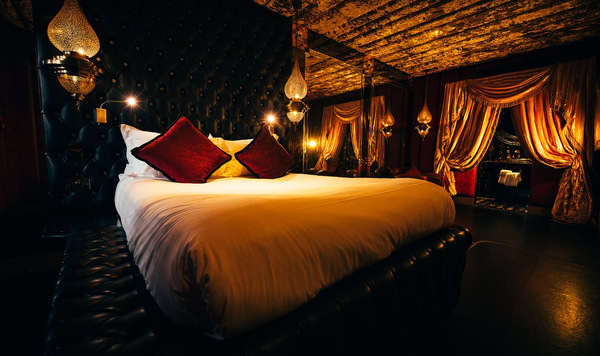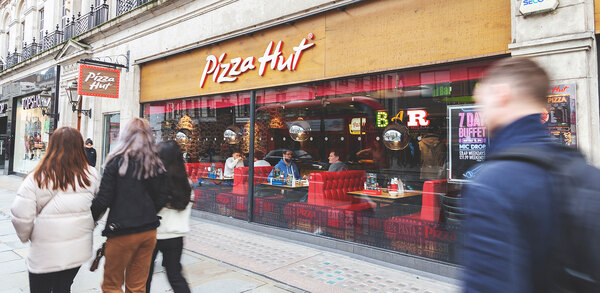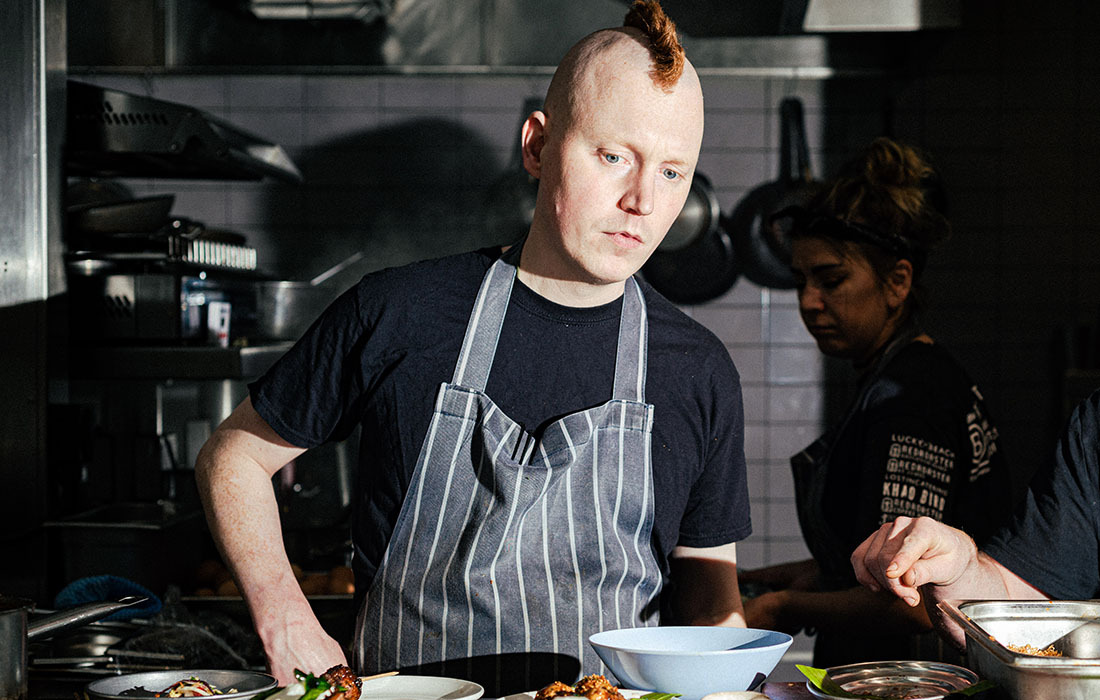Men behaving badly: how to protect your staff from harassment
In the wake of recent sexual harassment scandals, hoteliers must be ready to protect both their staff and their reputation. David Harris reports
How many hotel managers are asking themselves how they can best avoid the unsavoury embrace of a sexual harassment scandal? The infamous Presidents Club dinner at the Dorchester in Park Lane, London, highlights a problem for the wider industry, as well as for the hotel itself. But what can other establishments do to avoid anything similar happening on their premises? And how many staff, surely by now alerted to the fact that sexual harassment is high on the national and international agenda, are considering complaining about things that they previously let slide?
So what should hotels be doing to protect themselves and their staff? Barrister Paul Strelitz of Hardwicke Chambers says the first thing he would ask a hotelier that came for advice on the issue is whether they properly understood what sexual harassment is. "Don't assume you know what sexual harassment is," he says. "Most of us don't."
His point is that very few grasp that the definition of sexual harassment in law means it is not just the alleged victim that can bring a case, but also someone who witnesses it and is personally upset by it. This means that if a member of staff overhears the lewd comments made by one person about another in the workplace, they can complain because of the atmosphere in which they are being required to work. It is the employer's responsibility to make sure that the working environment is not offensive in itself.
While the idea of third-party offence might seem strange at first hearing, the regulation in section 26 of the Equality at Work Act 2010 is based on the idea that a workplace in itself might be reasonably seen as encouraging harassment by its very nature. For instance, Strelitz highlights the case of a salesman who attempted to claim sexual harassment because colleagues made lewd remarks about members of the public they saw through the window walking past the shop. More classically, a male-dominated mechanics workshop with posters of naked women on the walls might be deemed an offensive environment in which a female colleague may feel harassed.
Hotels that use staff employed by an agency, either on a regular basis or for a one-off event, must also be wary, as the outsourcing of the role does not provide a total defence. Strelitz says it could be argued that the hotel has some liability as a provider of premises and could theoretically be liable for any sexual harassment that takes place there.
This would be a hard case to prove, particularly in the Dorchesterâs example, because the Presidents Club had a set of rules specifically warning against groping or touching. The hotel could argue that it had read those rules and was reassured by them, but hospitality businesses need to understand the comprehensive nature of the laws that will come into play if any complaints are made. They also need to fully understand that those laws require operators to take action in advance as well as respond to events. Firefighting is not enough.
Karen Mortenson, senior associate at law firm Howard Kennedy, says that, under legal scrutiny, hospitality firms would be better protected if they could demonstrate that they had taken reasonable steps to prevent harassment taking place. This includes having a written anti-harassment policy, providing staff training, telling customers that is its unlawful to harass staff, and encouraging employees to report harassment.
It seems the Dorchester is doing so already, having released this statement: âWe do not tolerate any form of harassment as expressed in our Code of Conduct and we do not support any events that appear to condone any form of misconduct. We will be reviewing our events contracts going forward to reinforce our guidelines for outside contributors and suppliers, and will do our utmost to prevent unacceptable behaviour on our premises.â
David Israel, partner at another law firm, Royds Withy King, agrees. He says: âEmployersâ inaction in the face of harassment can be an important element in these cases.â
Out of hand
Sadly, sexual harassment has not only had a long history in the hospitality business, but recent high-profile cases appear to be offering just a peek under a rather large pile of dirty linen. That linen is most likely to be on show at an employment tribunal rather than in court. A sexual harassment case might be taken to a county court as a civil case, but in reality almost all go to employment tribunals, which are well used to ruling on harassment cases and can impose hefty financial penalties.
How widespread is the problem in hospitality? The latest study from the Unite trade union suggested that 90% of workers have experienced sexual harassment. Depressingly, this figure suggests harassment is the norm, and that hospitality staff who have not experienced it are rather rare.
The situation seems to be similar abroad. In 2014 a US report on restaurant staff found that 74% of female employees said they experienced sexual harassment from their colleagues at least once a month, and 64% experienced it every week. Men also suffered, albeit to a lesser degree, with 58% experiencing it every month and 52% every week.
Nor is it confined to heterosexuals. Also in 2014 a gay waiter who worked at the Michelin-starred Yauatcha in Soho, London, was awarded more than £20,000 at a tribunal. He said that his nipples had been tweaked by a diner and he had been humiliated by two male managers simulating a sex act in front of him.
What is perhaps one positive change is employersâ attitude to harassment. Twenty years ago, although there is no reason to think it was any less prevalent in the industry, not many believed it to be a huge problem. A survey in the 1990s by the University of Surrey found that a majority of personnel directors in hospitality were confident that sexual harassment was rarely an issue. One in three said they had no harassment policy in force.
Yet regular sharp reminders of the reality of sexual harassment have come before the courts to remind hotels and restaurants of their duties. Ten years after the University of Surrey survey, a London waitress was awarded £124,000 after suffering repeated harassment from a well-known Italian chef. His name could not be revealed for legal reasons.
That said, success is far from automatic for those who claim damages, and false claimants can come unstuck. One Shropshire waitress who was sacked after a week and then claimed that she had been sexually assaulted not only failed in her case but was subsequently prosecuted for perverting the course of justice. She was jailed for four months.
Such cases suggest that the law is far from gullible when sexual harassment allegations are made and well able to distinguish between real, imagined and fraudulent cases. It may not be the courts of which hospitality firms need to be most wary. A good argument could be made that sexual harassment scandals cause most damage to reputation.
The sharp reactions of industry organisations to the Dorchester debacle reflect this. The British Hospitality Association, for example, declares that it âunequivocally condemns the shocking behaviour exposed at the Presidents Club dinnerâ.
Mark Lewis, chief executive of industry charity Hospitality Action, adds: âNobody should go to a place of work and be subject to sexual harassment. If someone crosses the line, itâs unacceptable. Itâs about having checks and measures in place to create an open environment where staff can speak about these things and managers can flag them up.â
One other lesson to take from the Presidents Club dinner is that hotels must anticipate and control problematic events. While the right thing to do for staff and customers, it might also protect hospitality businesses from the condemnation of what is arguably the most influential court in the land: public opinion.


















